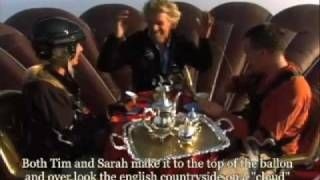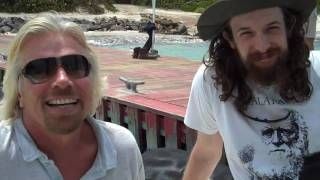Sir Richard Branson Billionaire Entrepreneur
Sir Richard Branson is one of the self-made billionaires and entrepreneurs you cannot afford to not listen to. He has started over 100 businesses in his 40 years as an entrepreneur and currently has a networth of $4.8 billion according to Forbes.
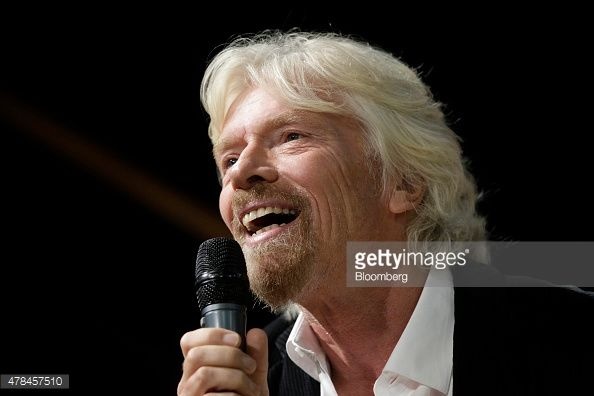
He is known mostly for his interests in the banking, airline and music production sectors which consist of some of his prominent companies like Virgin Money, Virgin Atlantic and Virgin Records. Well, I’ve collected some of his most important tips below for startups and entrepreneurs.
1. A good name
Sir Richard Branson’s advice for startups is that before you begin marketing your product, make sure that the name is right. It should be easier for your customers to remember and easily find on search engines. A good name for your startup is ideally short and precise, leaves a mark and at the closest opportunity have it on receipts, products and anything else you can lay your hands on.
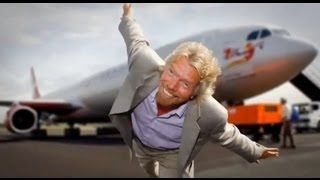
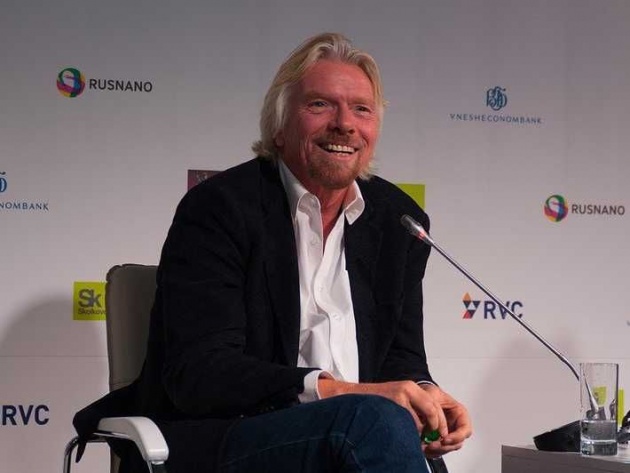
2. Look for the treasure
The money is in being different. As we can see in all of Sir Richard Branson’s investments. The Virgin Money bank has exquisite seats well placed around the banking lobbies eliminating the need for teller counters. This creates the feeling of a living room rather than a banking hall. When he started Virgin Records, his selling point was to stock albums that were hard to find, live recordings of concerts and several foreign imports. His airline, Virgin Atlantic, was born out of the need to create better services for the customers. He didn’t like the services he was getting on the other airlines so he created an airline with state-of-the-art customer-centered services like a broad food selection, touch-screen in-flight entertainment unit, selectable in-flight movies, and a seat-to-seat delivery and chat systems that allow you to interact with other passengers on board. The idea is to look for the treasure. What will make you stand out? Sell a unique product in your startup that will keep people coming back because they couldn’t find that product anywhere else.


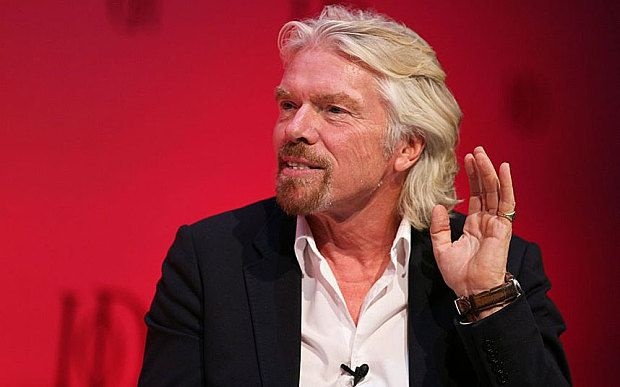
3. Keep in touch with your customers
Once you have your very first sales for your product, keep the customers coming back by sending them emails and messages about the latest offers and new products you have developed. Let them be informed on their areas of interest. That shows that you care about your customers and you want them to come back. They will also keep you in mind easily because they keep getting your messages every so often so it gets easier to even recommend you to their friends.
4. What would you tell an investor about your startup if you had only 1 minute?
Keep it simple, short and to the point. According to Sir Richard Branson, the shorter the pitch about your product, the clearer it will be. Forget about the statistics or the figure-ladden information, nobody cares about that yet. That’s the next step, not the first step. If you met an investor in an elevator and they asked about your startup, you only have around 30 seconds to pitch your startup’s idea and what you do. Sir Richard advises startups to shorten the pitch to 140 characters, like a tweet. Then figure out what important information you left out, then add that info to the 140 characters to make a total of 500 characters maximum and you have your final pitch.
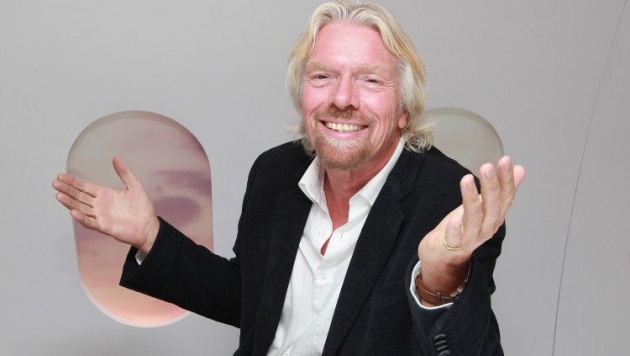
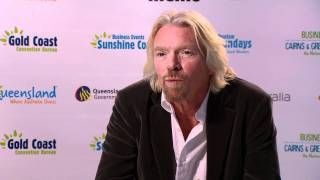
5. Be real about the costs factor
It is astounding to ask for $160 million to start a company when others are failing. In fact it is so absurd nobody would fund you. Oh, scratch that. I meant nobody except the few who believe in your idea. There are no two ways about it, for the startup to be successful you need $160 million. Even if you tried to underestimate that cost it still stays the same. Sir Richard Branson reminds us of the JetBlue story every time in his interviews and as a contributor on the Entrepreneur magazine online. He says in the 90s when David Neeleman came to him to ask for $160
